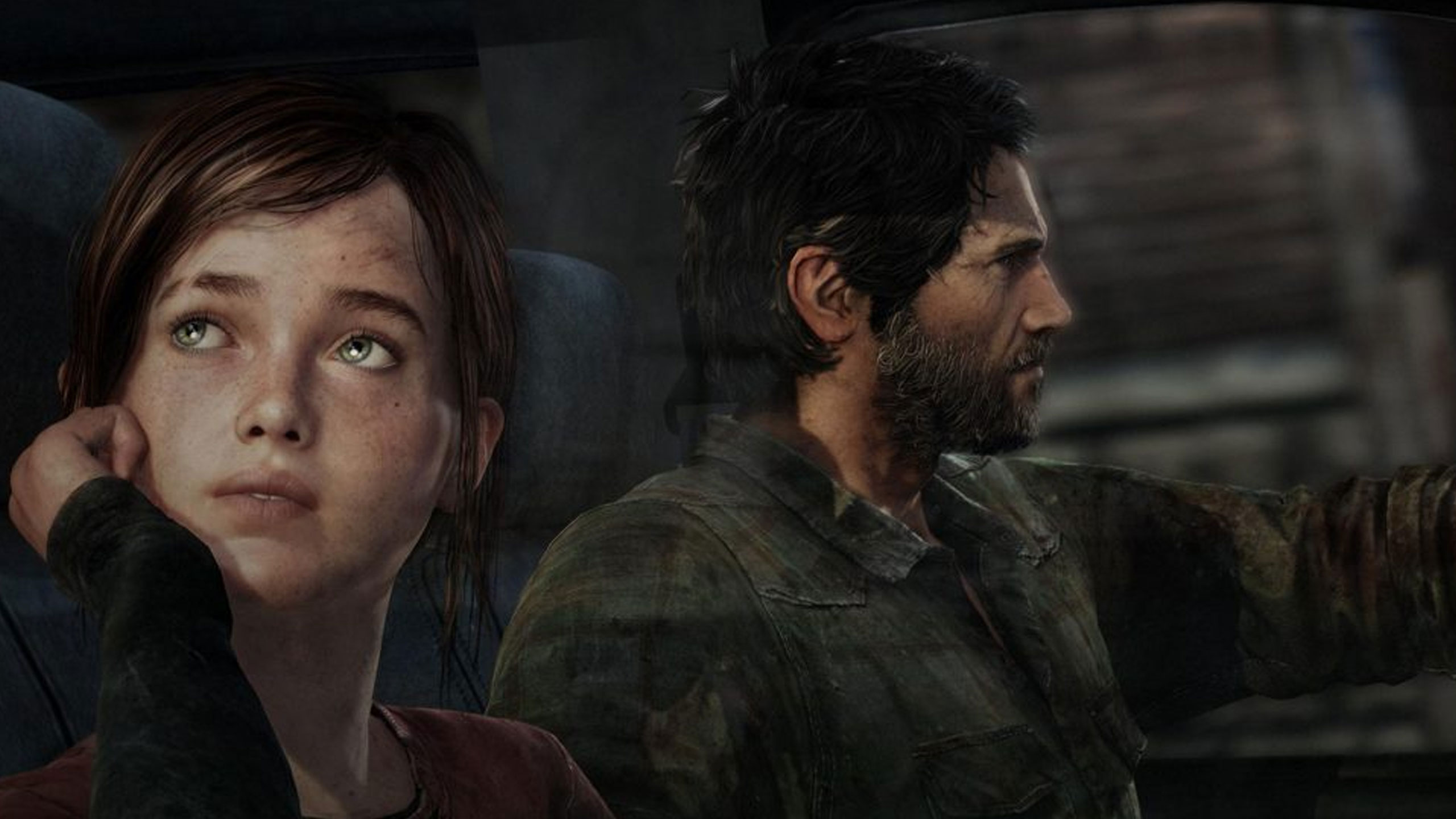In this generation, Sony finally made a bet on exclusive AAA games, almost completely abandoning the support of inexpensive titles from less experienced studios. Despite the commercial prospects of such a strategy, it harms small ambitious teams. Among the main problems are staff turnover and studio closures.Jason Schreier writes about this in his article.
The full text can be found here, and below — with the main points from the investigation.
Key details of the investigationSo, the main thesis of the material is that in recent years Sony has completely switched its attention to its star studios, like Naughty Dog, Guerrilla Games and Santa Monica.
As a result, this strategy hurt relatively small teams.
The following situations are given as an example:
- This year Sony reorganized Japan Studio, dissolving most of the employees and leaving only the Astro’s Playroom team. The company announced that it no longer wants to spend money on developing small games — like Gravity Rush and Knack, which the Japanese division was engaged in.In 2019, the Bend studio, which developed the Days Gone game that was just a little short of AAA, wanted to start developing a sequel.
- Despite the fact that the first part was commercially successful, Sony abandoned this idea. Among the reasons are the long development cycle and low ratings of the game at the start. Sony has not invested enough in marketing Dreams, a platform that allows users to create their own games.
- According to Schreier, the company missed the chance to make its own version of Roblox, which, with proper development and support, could become one of its main assets.At the same time, another story speaks most clearly about the problems at Sony.
And it is to her that a significant part of Schreyer’s investigation is devoted.
The Japanese company has a division of Visual Arts Service Group (VASG), which initially helped major Sony studios in working on AAA titles. The team was assembled in 2007 by Michael Mumbauer.
In 2018, VASG wanted to develop its first independent project. After assessing the risks, the studio decided to ask for money not for a new IP, but for a remake of one of the old Sony games.
Initially, Mumbauer wanted to make a remake of the first Uncharted, but this game was very outdated and it quickly became clear to him that the development of its remake would require drastic changes. In turn, this would affect the budget, which could be too large. For this reason, it was decided to make a remake for a more relevant game — The Last of Us.
The plan was as follows: to make a remake and release it along with an updated version of the sequel on PlayStation 5. If successful, VASG wanted to develop a remake of Uncharted and take on other projects.
The remake of The Last of Us was codenamed T1X and was initially approved by Sony. However, the company hid the existence of VASG in secret and refused to allocate money for staff expansion. Because of this, many doubted that Sony would really allow Mumbauer to build his own development studio.
In 2019, VASG had its first working prototype ready. However, he did not suit Herman Hulst, who that year became the head of PlayStation Worldwide Studios. He felt that the remake turns out to be too expensive — largely due to the update of the engine for the PS5. At the same time, VASG wanted not only to improve the graphics, but also to rework some gameplay mechanics.
Development of the remake slowed down when VASG was asked to help with the completion of The Last of Us Part II. Sony promised that after the release of the game Naughty Dog will also help with work on T1X.
As a result, the company took control of the remake of The Last of Us from VASG, putting the project in the hands of the creators of the original. This led to the fact that the team of Mumbauer again began to act as assistants.
Many VASG employees were dissatisfied with this decision. By the end of 2020, most of the executives had left the studio, including Mumbauer. The further fate of VASG, which is already jokingly called Naughty Dog South, remains unknown.

